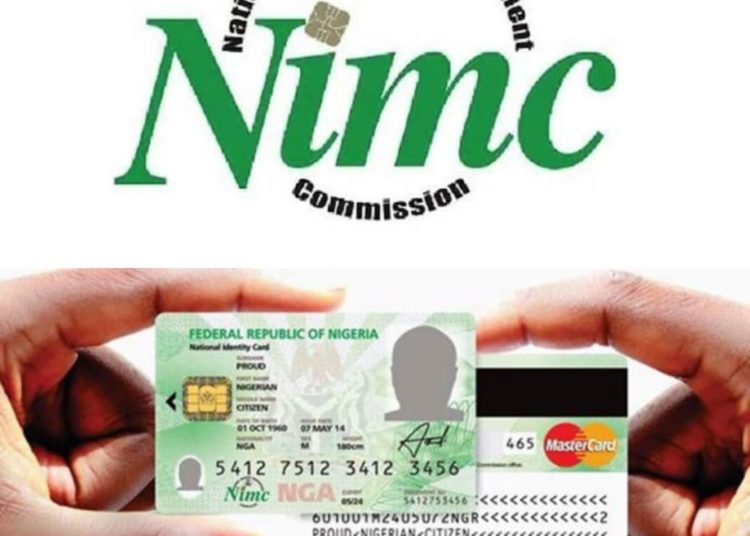The Federal Ministry of Agriculture and Food Security (FMAFS), in collaboration with the National Identity Management Commission (NIMC), has unveiled the National Identity Number (NIN)-enabled farmer registry and Government-to-People (G2P) card initiative.
This groundbreaking project aims to enhance transparency, efficiency, and inclusivity in delivering government services to farmers as part of the President’s Renewed Hope Agenda, which prioritises food security.
The initiative addresses the critical challenge of accurately identifying and authenticating beneficiaries, ensuring that government services reach the intended recipients. By integrating the NIN with biometric identity data, the new farmer registry will link each farmer to their farmland and provide crucial details such as crop type, livestock, and farm size. This centralised data system will enable targeted assistance and prevent fraud in agricultural service delivery.
The G2P card ecosystem, another key feature of this initiative, is a multipurpose biometric card equipped with a large in-card chip. The card supports various functions, including farmer financing, input distribution, farmland mapping, extension services, and agency banking.
Notably, it can operate in remote locations without internet connectivity, ensuring no farmer is left behind. The card’s biometric security measures guarantee that all transactions and benefits are securely linked to the intended recipients.
In a joint statement signed by the director of Information at FMAFS, Dr. Joel Oruche, and head, Corporate Communications at NIMC, Dr. Kayode Adegoke, the government emphasised its commitment to leveraging technology for effective governance.
The G2P card will serve as a digital wallet for government transactions, including subsidies, loans, welfare disbursements, and pensions. NIMC’s role in providing foundational identity verification through the NIN ensures that the G2P card ecosystem operates securely and efficiently.
Meanwhile, FMAFS will maintain ownership of the farmer registry and oversee the delivery of services tailored to the needs of farmers at both national and sub-national levels.
This initiative marks a significant milestone in addressing infrastructure and logistical challenges in the agricultural sector, fostering transparency, scalability, and inclusivity. The G2P card’s interoperability and real-time data tracking via digital dashboards offer a robust framework for monitoring and evaluating programme success.





